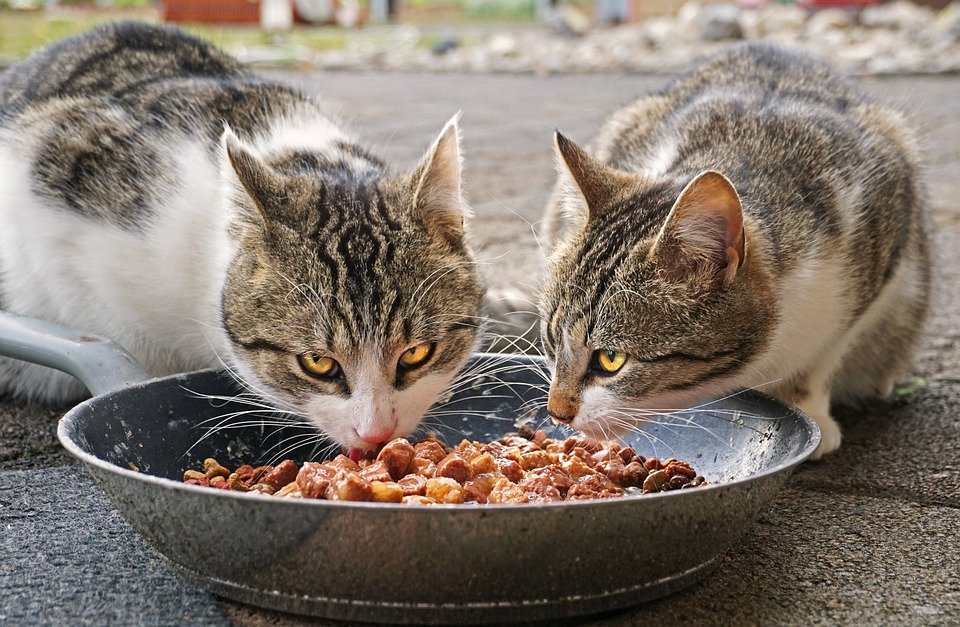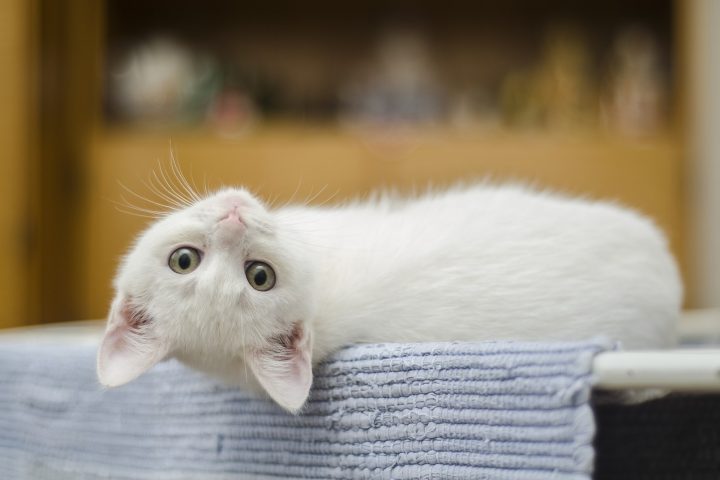According to a recent study, wet cat and dog food is considerably more harmful to the environment than dry pet food. It discovered that moist food emits eight times more greenhouse gases than dry food.
The study discovered that a wet food diet for a normal dog resulted in the animal having the same “ecological pawprint” as its human owner. There are an estimated 840 million cats and dogs in the globe, and as their numbers grow, the environmental impact of feeding them is becoming more scrutinized.
Pet food is often made from meat, which has by far the greatest environmental impact of any food. The Brazilian researchers examined 618 various diets for dogs and 320 for cats, ranging from canned and pouched wet food to dry biscuits and kibble. The diets were given by three large Brazilian pet food shops, with a few homemade diets being evaluated.
The environmental implications of each diet’s constituents were assessed, including greenhouse gas emissions, land and water consumption, and chemical contamination from manure. For all parameters, wet diets had the largest environmental effect, dry diets had the least, and handmade diets were somewhere in the middle. A key reason was that 90% of the calories in the wet diets came from animal ingredients, compared with 45% in the dry diets.
The study, published in the journal Scientific Reports, discovered that a 10kg dog eating around 500 calories per day of dry food would emit 828kg of CO2 per year, but 6,541kg of CO2 per year if fed a wet diet. That is nearly as much as the typical Brazilian individual, who emits 6,690kg of CO2 each year. The survey also said that there are more dogs in Brazil than children.
Previous research in Japan discovered that a dog’s ecological footprint might be equivalent to that of a Japanese citizen, while a study in the United States indicated that dog food was responsible for around a fourth of the total effect of meat production.
Some pet food contains offal, bone meal, and blood that people would not consume, perhaps making it a reasonably effective use of byproducts. According to the survey, only approximately 13% of animal by-products were used to create pet food in Brazil.
The authors proposed that other proteins, such as insects, may be used to make pet food more environmentally friendly. CO2 emissions from insect farming can be up to ten times lower than those from traditional meat production. The researchers also stated that reducing protein and fat intake might be beneficial, as all of the diets examined supplied more of both than is recommended for dogs and cats.





